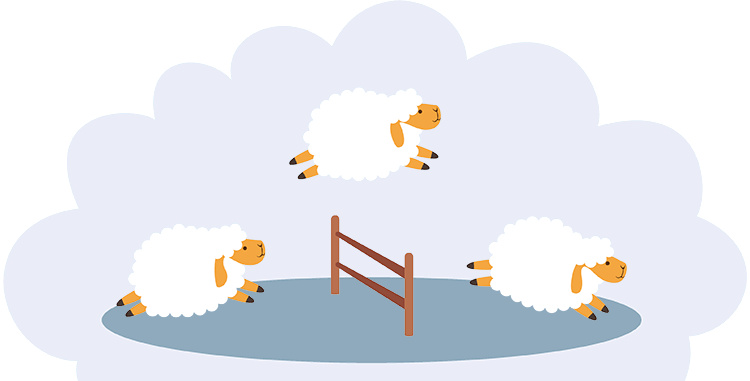Respiratory arrest
Is it possible that respiratory arrest has a close relationship with snoring ? In 1965, the first mention of such a connection appears in the medical literature. A published article described a case in which an obese patient experienced drowsiness throughout the day and also snored heavily. This case showed that some patients who had previously been diagnosed with narcolepsy (sudden, irresistible craving for sleep) actually suffered from temporary difficulty in breathing during sleep, which caused them to be drowsy during the day.
Based on these observations, in 1972 the famous sleep researcher Dr. Elio Lugaresi proposed to introduce the term ” hypersomnia ” (increased drowsiness), accompanied by periodic cessation of breathing, to refer to this condition. As an alternative description, he proposed the more colorful term ” la maladie du gros ronfleur ” (strong snoring syndrome).
In 1975, the International Conference on Sleep Disorders adopted the term sleep apnea as the official name for the disorder. We owe much of our understanding of this complex disorder to Dr. Christian Guilmino , one of the first sleep researchers. He and his research team studied the breathing patterns of several hundred patients suffering from snoring and fatigue, and compared it with the breathing of healthy people.
They concluded that although apnea can occur from time to time in a healthy person, patients suffering from snoring and overwork held their breath for a period of more than 10 seconds, and such apnea could be repeated many times during sleep. These observations led the Stanford group to coin the term ‘apnea ratio’, which refers to the number of apnea per hour of sleep.
At this early stage of research, it was found that in some patients, breathing became very shallow, rather than completely stopped. The researchers called this breathing disorder ” hypopnea ” (weakened breathing). However, the word “apnea” (stopping breathing) is not new. It is borrowed from the Greek language and literally means “lack of breath.”

